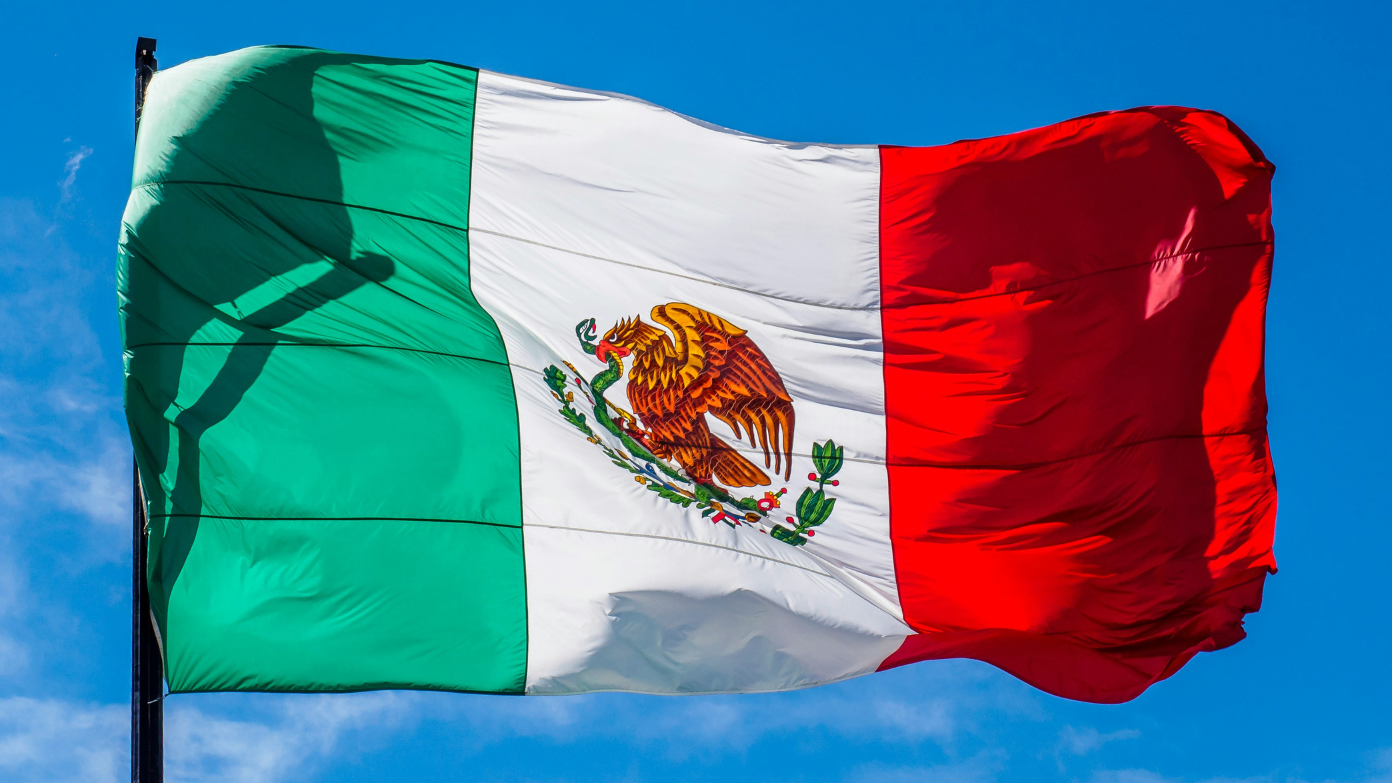Taking a new turn, President Donald Trump has now set a fresh deadline for imposing tariffs on Mexico after talks with the President of Mexico, Claudia Sheinbaum. Tariffs against Canadian and Chinese imports are going to be implemented any time soon, while those against Mexico have been suspended for the time being in order to give way to more negotiations regarding border security and drug trafficking.
Background of the implementation
First, Trump announced he would impose a 25 percent tariff on both Canada and Mexico, as well as a 10 percent tariff on Chinese imports effective Feb. 1, 2025. His move was seen as a retaliatory action toward the current problems of unlawful immigration and incursion of the deadly drug fentanyl into this country, a substance responsible for many overdose-related deaths.
The White House later reaffirmed this stance, insisting again that such tariffs were a more extensive push by Trump to renegotiate trade deals which he claims have been harmful to the U.S. economy.
The deal with Mexico
On February 3, 2025, it was announced that proposed tariffs on Mexico would be delayed for a month after negotiations between Trump and Sheinbaum. This delay is based on the condition that Mexico will strengthen its border security, including the deployment of 10,000 members of the National Guard to fight drug smuggling, especially fentanyl. In exchange, the U.S. has agreed to do its best to stop smuggling of high-powered weapons into Mexico.
Sheinbaum expressed optimism about the talks and added that both countries would also continue negotiating on security and trade during that time frame. She noted that the bilateral cooperative relations between the U.S. and Mexico were critical amid the heightening tensions over trade policies.
Implications of tariffs on Canada and China
While the tariffs on Mexico have been delayed, those against Canada and China are still on course for enactment. Canadian Prime Minister Justin Trudeau has already announced retaliatory tariffs amounting to 25% on $155 billion worth of U.S. goods that are to be rolled out in two phases from February 4, 2025. The move clearly shows the heightening trade tensions between the U.S. and its northern neighbor.
Similarly, China has announced its intentions to respond to U.S. tariffs with its countermeasures. The threat of a trade war is imminent as both Canada and China are likely to respond to U.S. imports with retaliatory measures. Analysts believe the tariffs are likely to lead to the increase in prices for U.S. consumers, which could impact inflation rates and economic stability.
Economic impact
The decision to impose tariffs represents a strategic gamble by Trump’s administration. Meant as leverage in negotiations with trading partners, such measures carry considerable risks for the U.S. economy. Experts have warned that increased import taxes could lead to higher consumer prices and disrupt supply chains, ultimately harming American businesses and consumers alike.
Financial markets have reacted poorly to the uncertainty of these tariffs. Stock indices fell as investors were gauging the possible economic impact of Trump’s belligerent trade actions. The uncertainty over tariff implementations has flagged concerns of inflationary pressures that are expected to impact the decisions of the Federal Reserve on interest rates in the short term.
The latest deal between Donald Trump and Claudia Sheinbaum is a watershed moment in the U.S.-Mexico relations with regard to trade and border security. Though the tariffs against Mexico are, for the time being, suspended pending negotiations, those against Canada and China are slated to go ahead as scheduled. This evolving situation will have to be closely monitored as the countries take their reciprocal measures, potentially ushering in a prolonged phase of trade tension that could finally alter the North American and international economic dynamics.
In the next month, as consultations proceed, there will be utmost need for mutual grounds that assure both security interests and economic stability without punitive actions that could aggravate already raw nerves.
Read more: The Italian town that offers houses for $1 – The requirement is to be an American upset with the outcome of the US Election…
Read more: Why is Thanksgiving celebrated on Thursday in the United States? Is it a federal holiday?
